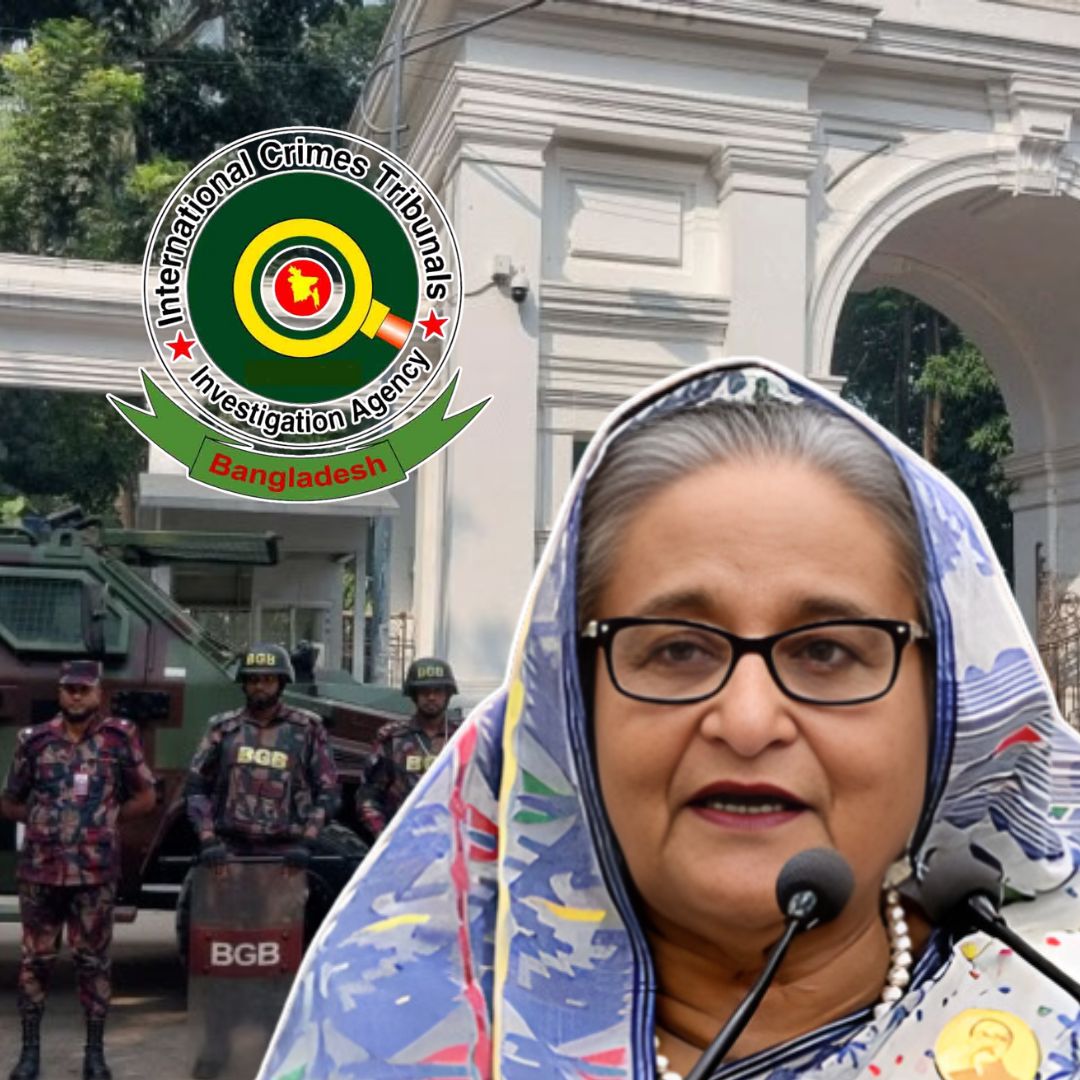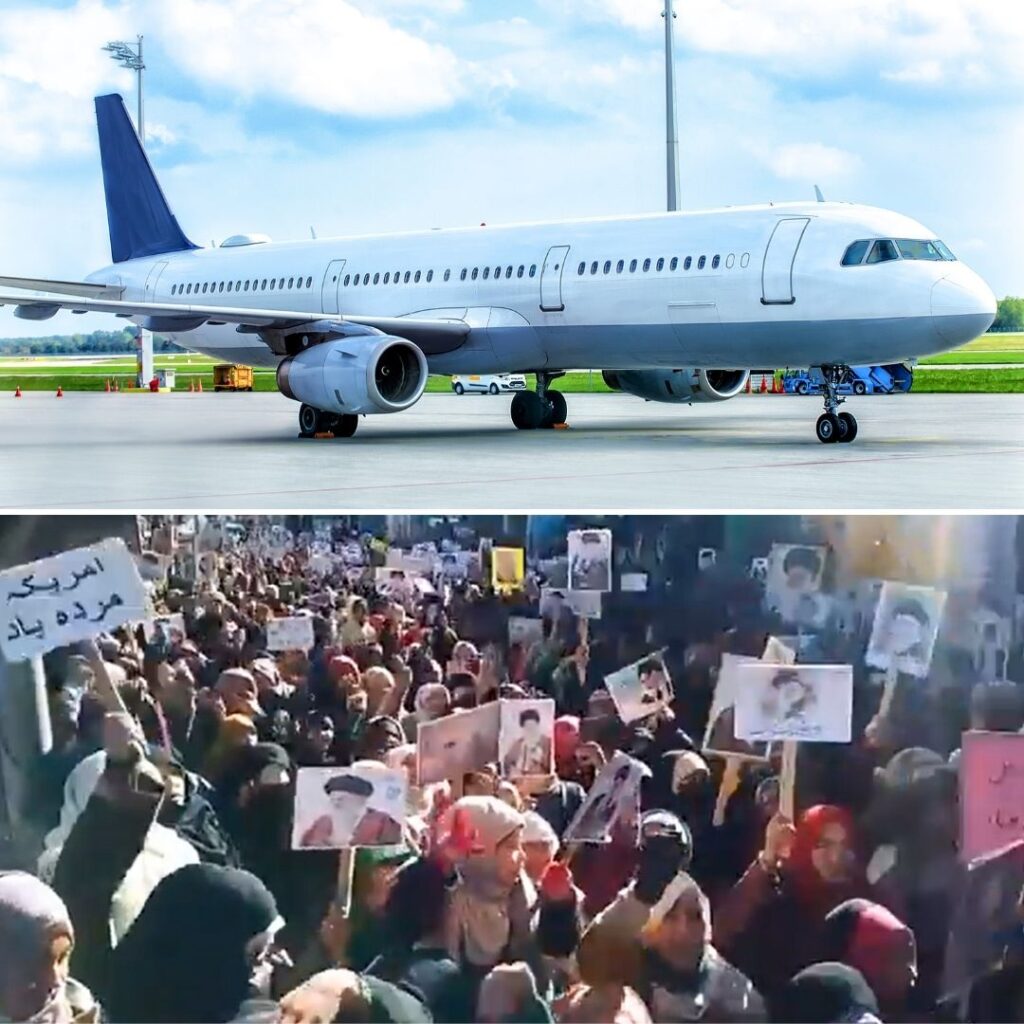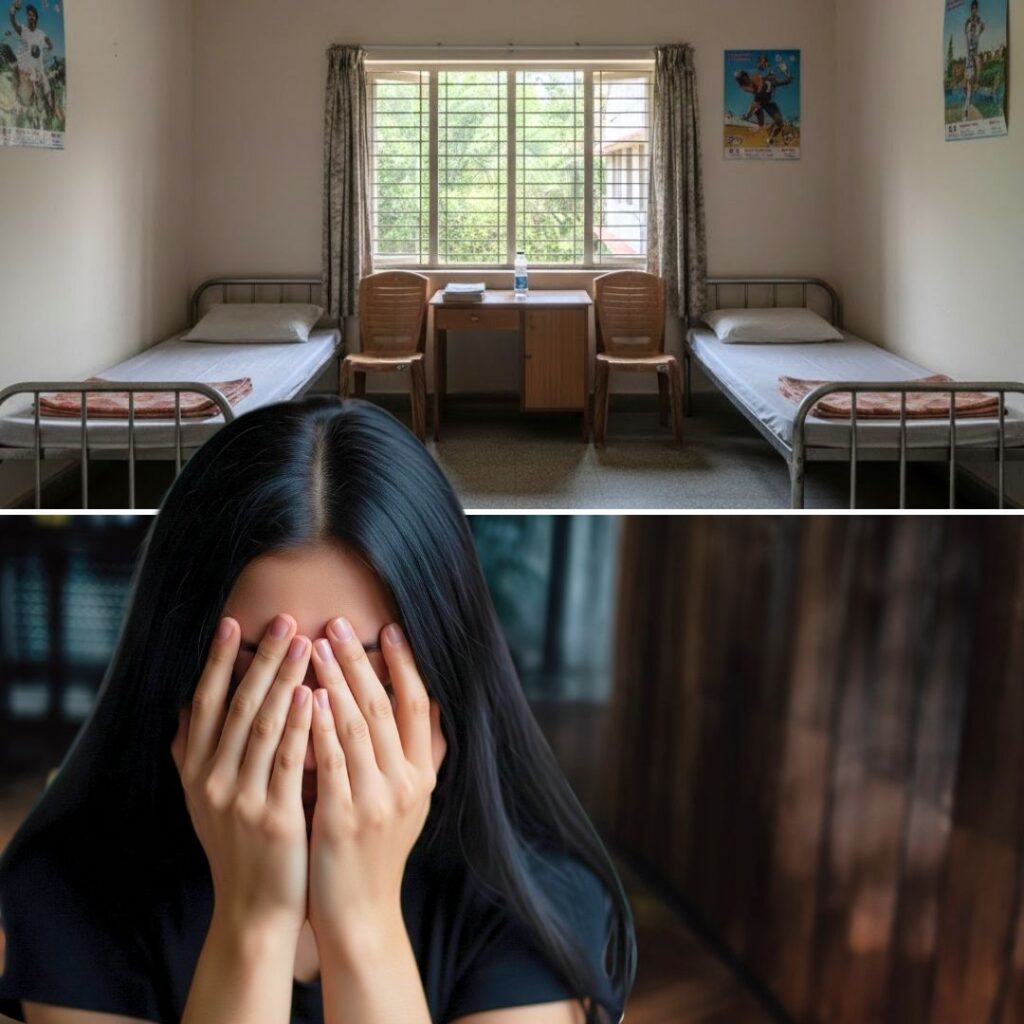The International Crimes Tribunal (ICT) in Bangladesh sentenced former Prime Minister Sheikh Hasina to death on November 17, 2025, in absentia, for crimes against humanity linked to her government’s deadly crackdown on student protests in July and August 2024.
The verdict follows charges including ordering killings and the use of lethal force such as helicopters and drones against protesters, which led to hundreds of deaths and her eventual ouster. Hasina, currently in exile in India, and her supporters dismiss the trial as politically motivated, while the interim government under Nobel laureate Muhammad Yunus asserts it as a vindication of justice.
Security remains tight as Bangladesh braces for the verdict’s aftermath amid ongoing political turmoil and preparations for elections in early 2026.
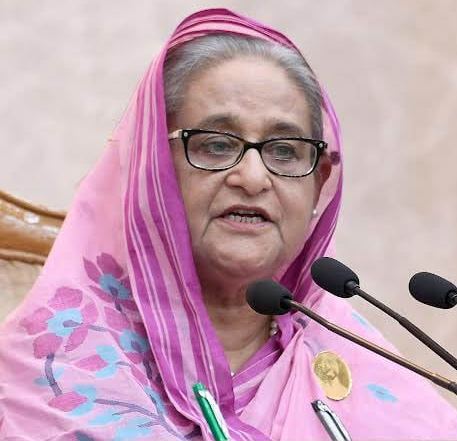
Charges and Tribunal Proceedings
Hasina faced five formal charges including incitement and permission of murder, attempted murder, torture, and other inhumane acts through law enforcement and party cadres during the protests. The charges specify the use of helicopters, drones, and lethal weapons to target student demonstrators. Incidents highlighted by the tribunal include the killing of a student near Begum Rokeya University, shootings of unarmed protesters in Dhaka’s Chankharpul area, and the shooting and burning of students in Ashulia.
Prosecutor Mohammad Tajul Islam labelled Hasina the mastermind behind these acts and sought the death penalty. Hasina rejected summons to attend the trial and described the proceedings as a “jurisprudential joke,” asserting in an audio message that only Allah can end her life.
Her co-accused include former interior minister Asaduzzaman Khan Kamal, also in exile, and former police chief Chowdhury Abdullah Al-Mamun, who pleaded guilty and remains in custody. The trial presented extensive evidence including testimony from 54 witnesses.
Despite the ruling, the verdict can be appealed in the Supreme Court of Bangladesh.
Context and Political Climate
The charges stem from a major student-led uprising in mid-2024 triggered by widespread grievances against Hasina’s 15-year administration. The protests escalated into violent confrontations with security forces, resulting in hundreds to over a thousand casualties, according to UN and government reports.
The upheaval culminated in Hasina’s forced removal and the establishment of an interim government led by Muhammad Yunus, which has pursued accountability for human rights abuses. Ahead of the tribunal’s verdict, Bangladesh saw heightened security measures including a “shoot-on-sight” directive against violent protesters, curfews, and arrests amid sporadic bombings and arson attacks.
Political tensions remain high as the country prepares for its first elections since Hasina’s ousting, with the trial seen as both a legal reckoning and a flashpoint for further divisions.
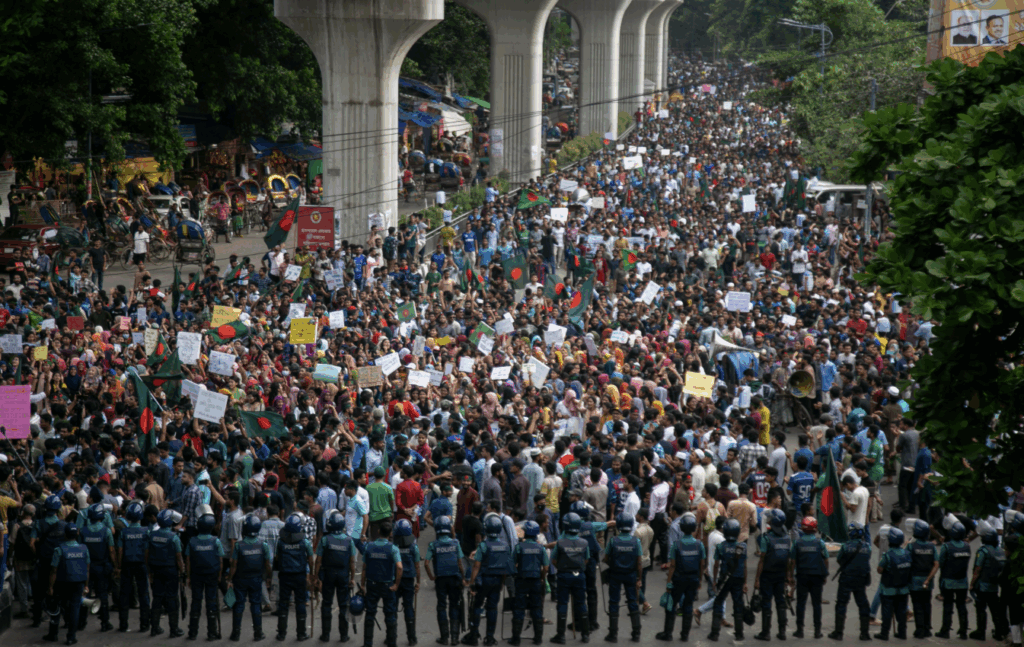
The Logical Indian’s Perspective
The sentencing of Sheikh Hasina is a significant milestone underscoring the imperative for transparency and accountability in governance. However, such trials must be conducted with utmost fairness and free from political influence to strengthen the rule of law and facilitate genuine national reconciliation.
The ongoing unrest highlights the fragile social fabric and the urgent need to foster peaceful dialogue, empathy, and coexistence across Bangladesh’s diverse political spectrum. It is through promoting inclusive discourse and restorative justice that Bangladesh can sustainably move forward.
"Sheikh Mujibur Rahman 'in connivance with a neighbouring country' formed the Rakkhi Bahini to weaken and abolish our glorious army"
— Shreya Upadhyaya (@ShreyaOpines) November 17, 2025
– #Bangladesh Int'l Crimes Tribunal at #SheikhHasina verdict. Hasina has been found guilty by the current regime and Tribunal of Bangladesh pic.twitter.com/xyim9bDG0G


